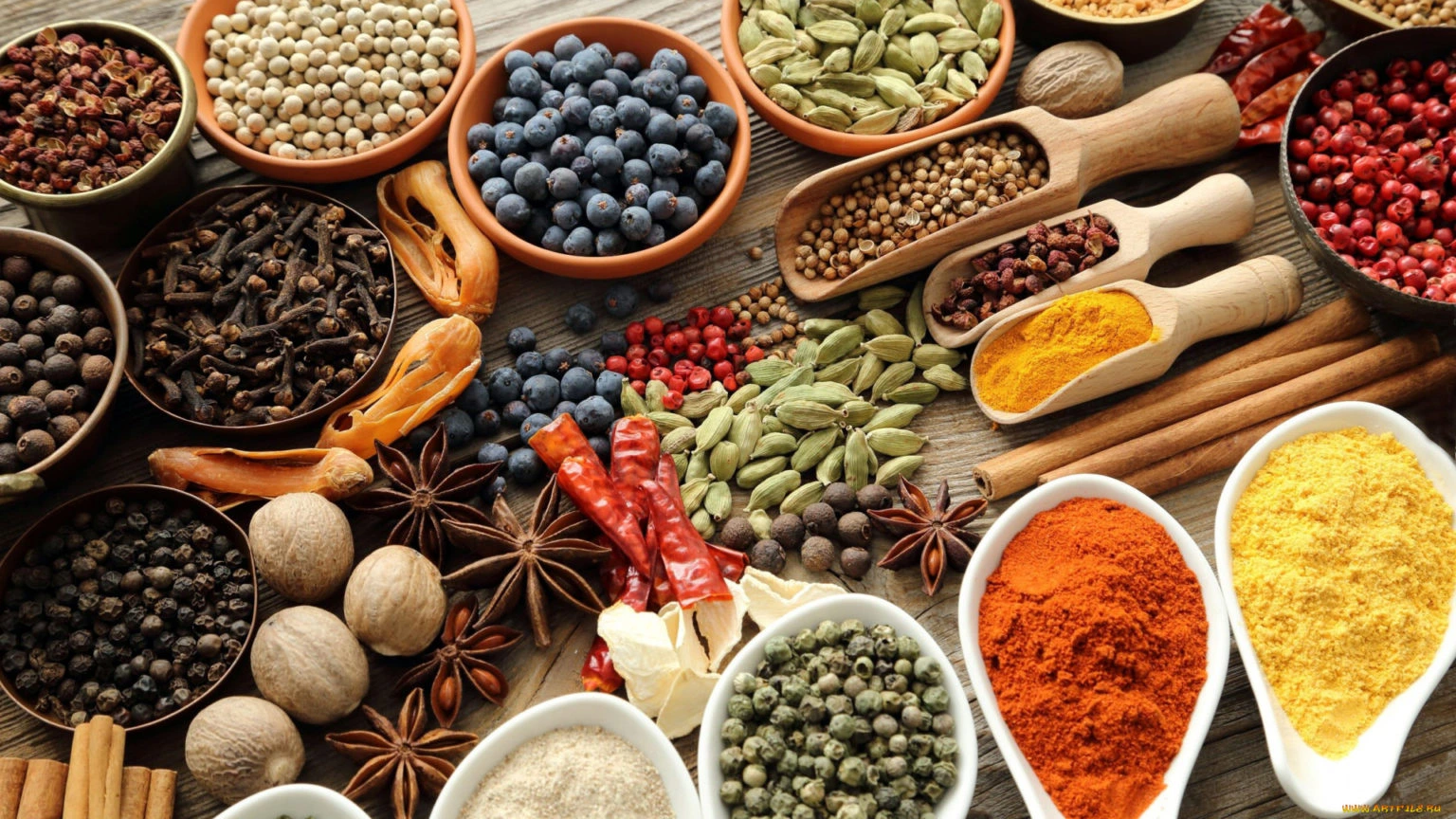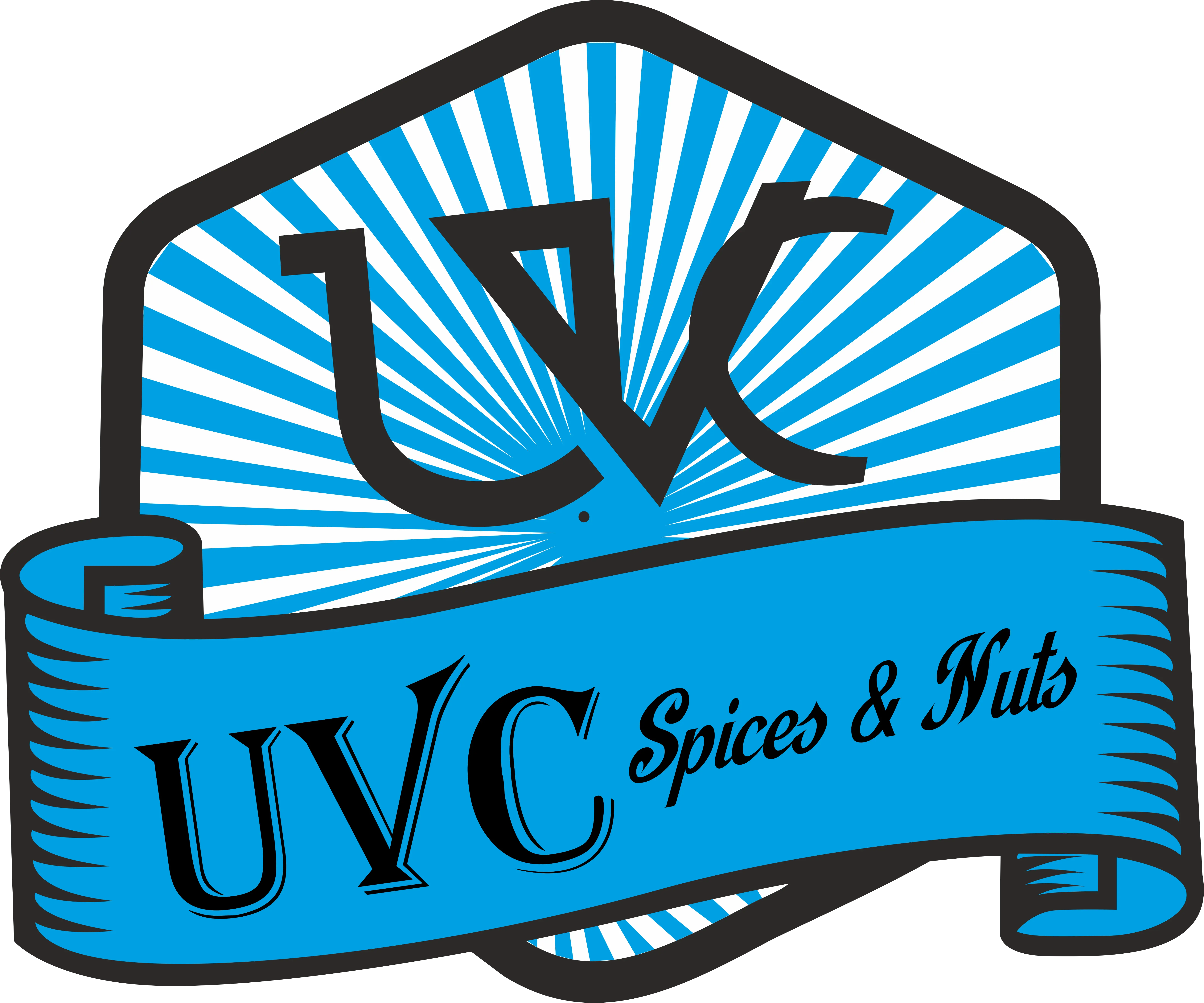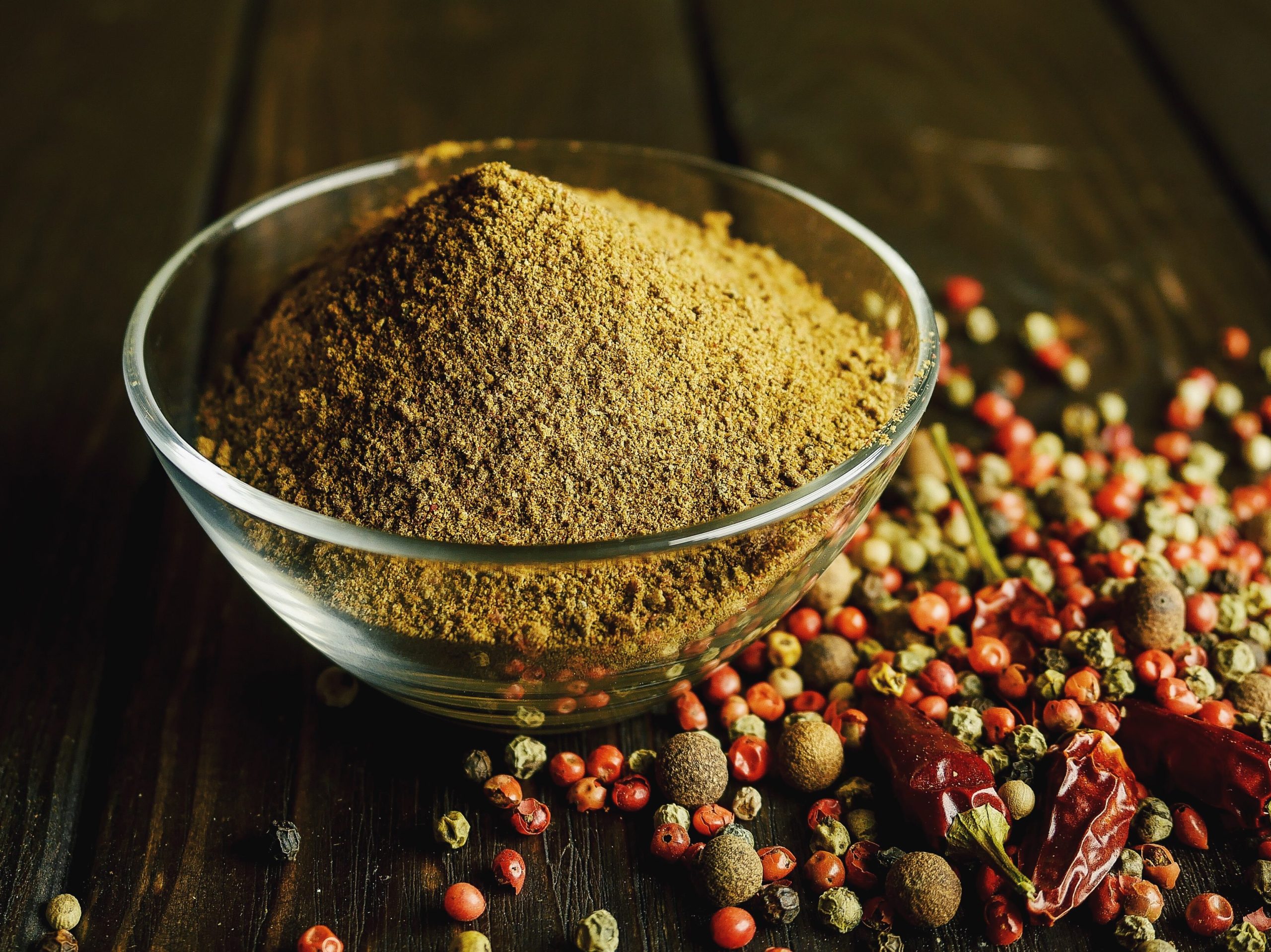6 Essential Factors for Choosaing Spices Suppliers

When it comes to culinary excellence, spices are indispensable. Whether you are a professional chef, restaurant owner, or an entrepreneur in the food industry, sourcing high-quality spices is crucial. The right supplier can significantly impact the flavor, freshness, and overall quality of your dishes or products. In this blog, we will explore six essential factors to consider when choosing a spices supplier.
1. Quality of Spices
The quality of spices is the most important factor to consider when choosing a supplier. High-quality spices not only enhance the flavor of your dishes but also offer better nutritional value. You should look for suppliers who provide fresh, pure, and unadulterated spices. Avoid suppliers who offer generic or low-quality spices, as they can lead to bland flavors and may even contain harmful additives.
Check whether the supplier uses good manufacturing practices (GMP) to maintain the quality of their products. Additionally, some suppliers may offer certifications like ISO, organic certification, or fair trade certification. These can indicate a commitment to quality, sustainability, and ethical sourcing.
2. Variety of Spices
A reputable supplier should offer a wide range of spices to meet various culinary needs. Whether you're looking for basic spices like black pepper and cumin or specialty ones like saffron or cardamom, variety is key. Suppliers with a broad inventory make it easier for you to fulfill diverse orders, particularly if you run a business that requires bulk spices.
Furthermore, having access to specialty spices from different regions can give your offerings a unique twist. Explore suppliers who provide international varieties, which can help you tap into niche markets or enhance your product lineup.
3. Consistency in Supply
When choosing a spice supplier, consistency in supply is essential for maintaining smooth operations. A supplier should be reliable in meeting your demand, whether you're purchasing spices in bulk or smaller quantities. Look for suppliers with strong logistics and warehousing systems that ensure timely delivery of your orders.
An unreliable supplier can disrupt your production schedules, leading to missed deadlines and compromised product quality. Ideally, the supplier should have a track record of on-time deliveries and a robust communication system to notify you in case of any delays or supply chain issues.
4. Pricing and Cost-effectiveness
Cost is always a crucial factor when choosing a supplier. However, it is essential to strike a balance between cost and quality. While it may be tempting to go for cheaper suppliers, low prices often come with compromised quality, especially when it comes to something as sensitive as spices.
Consider suppliers that offer competitive pricing without compromising on the quality of the spices. Bulk orders can often come with discounts, which can be a great way to reduce costs while ensuring quality. Always ask for detailed quotes, including shipping and handling charges, and factor in these costs when calculating the overall price of your spices.
5. Packaging and Storage
Packaging plays a crucial role in maintaining the freshness of spices. Proper packaging protects spices from moisture, sunlight, and air exposure, all of which can degrade the quality over time. Check whether the supplier uses airtight containers or sealed bags designed to preserve the spice's aroma and flavor.
Furthermore, the supplier's storage practices are also worth considering. Spices should be stored in dry, cool, and dark conditions to prevent spoilage. Suppliers who have well-maintained storage facilities that adhere to best practices can ensure that the spices reach you in their best condition.
6. Sustainability and Ethical Sourcing
In today's market, sustainability and ethical sourcing have become significant considerations for many businesses. As consumers become more aware of environmental and social issues, choosing a spice supplier who prioritizes sustainability and ethical sourcing can add value to your brand.
Look for suppliers who support fair trade practices and work with local farmers to promote sustainable agriculture. Suppliers who adhere to environmentally friendly practices and reduce their carbon footprint can also contribute to your own sustainability goals.
FAQs
Q1. How can I ensure the quality of spices from a new supplier?
To ensure quality, you can request samples of spices from the supplier. Testing these samples for freshness, flavor, and aroma will help you assess their quality. Additionally, check if the supplier has relevant certifications or third-party quality audits in place.
Q2. What are the benefits of buying spices in bulk?
Buying spices in bulk often leads to cost savings and ensures a steady supply of ingredients. Bulk purchases also minimize packaging waste, making it a more sustainable choice. However, it’s essential to store bulk spices properly to maintain their freshness.
Q3. How important is the supplier's delivery time?
Timely delivery is crucial to maintaining a consistent flow of business operations. Delays in receiving spices can disrupt production schedules, affect inventory management, and even impact your business reputation. Choose a supplier known for their punctuality and reliable logistics.
Q4. Can I rely on a local supplier for exotic spices?
Local suppliers may offer a limited selection of exotic spices. However, if you require specialty or rare spices from specific regions, you may need to consider international suppliers or those with established global sourcing networks.
Q5. How do I know if a supplier is ethical?
Look for suppliers who have transparent sourcing practices. Certifications such as Fair Trade or Organic can be indicators of an ethical supply chain. You can also directly inquire about the supplier’s relationships with farmers and whether they support sustainable practices.
Q6. Are organic spices better than non-organic?
Organic spices are grown without the use of synthetic pesticides or fertilizers, which makes them a healthier choice for consumers. They also have a more distinct flavor profile. However, non-organic spices can still be of high quality, so it’s important to evaluate them based on freshness, origin, and processing methods.
Final Thoughts
Choosing the right spice supplier is an essential decision for any culinary business or home cook looking to elevate their dishes. By focusing on quality, variety, pricing, and other key factors like sustainability and ethical sourcing, you can build a strong relationship with a supplier who meets your needs. A reliable spice supplier not only offers superior products but also ensures a consistent supply, enabling you to focus on creating flavorful, exceptional food.

